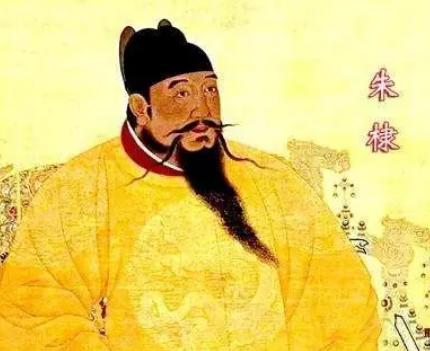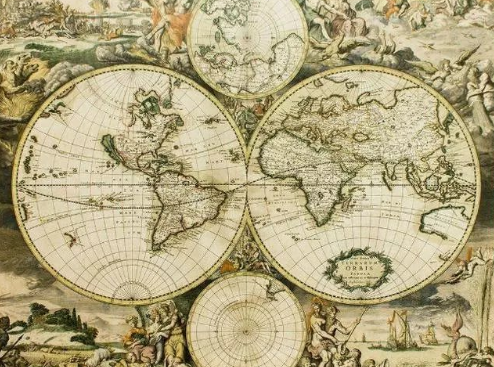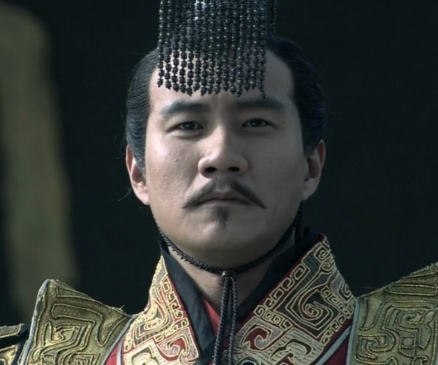In the hierarchical system of ancient Chinese imperial palaces, the title of "Taifei" represented a special existence. Her status not only signified a noble position but also carried the glory and tradition of the royal family. So, who exactly was the Taifei to the emperor? And what kind of relationship did she have with the emperor?

The term "Taifei" literally refers to the mother or grandmother of the emperor. Although its specific meaning may have varied across different historical periods, it basically denoted the widow of a deceased emperor or a female relative of the current emperor's older generation. While the emperor was alive, they enjoyed extremely high honors and status, often possessing their own palaces and a certain degree of political influence.
Within the imperial harem system, the Taifei ranked second only to the queen. The queen was the emperor's official wife, while the Taifei was a senior female relative of the queen and was often personally attended to by the queen. In many cases, the Taifei also participated in the management and decision-making of the harem, especially when the queen was absent or unable to fulfill her duties.
The relationship between the Taifei and the emperor was usually mother-child or grandmother-grandchild, indicating a blood-related closeness. Under the influence of feudal ethics, this relationship was endowed with extremely sacred significance. The emperor was required to show the utmost respect and filial piety to the Taifei, not only as a personal moral requirement but also as a maintenance of the entire royal image.
Apart from daily greetings and expressions of well-being, the emperor also needed to hold grand celebrations on the Taifei's birthday or other important occasions to demonstrate filial piety. At the same time, the Taifei would sometimes provide advice or suggestions to the emperor, and her experience and wisdom often had a significant impact on the emperor's decisions.
In summary, the Taifei played a crucial role in the ancient Chinese imperial palace. She was not only a relative of the emperor but also a symbol of royal dignity. The relationship between her and the emperor was complex and subtle, encompassing both blood-related closeness and respect mandated by feudal ethics. The existence of the Taifei not only enriched palace culture but also reflected ancient China's deep understanding of family, hierarchy, and filial piety.
Disclaimer: The above content is sourced from the internet and the copyright belongs to the original author. If there is any infringement of your original copyright, please inform us and we will delete the relevant content as soon as possible.






























